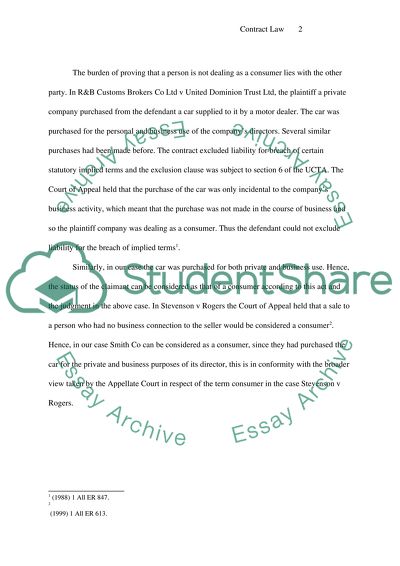Cite this document
(“UCTA Case Study Example | Topics and Well Written Essays - 2000 words”, n.d.)
UCTA Case Study Example | Topics and Well Written Essays - 2000 words. Retrieved from https://studentshare.org/miscellaneous/1514725-ucta
UCTA Case Study Example | Topics and Well Written Essays - 2000 words. Retrieved from https://studentshare.org/miscellaneous/1514725-ucta
(UCTA Case Study Example | Topics and Well Written Essays - 2000 Words)
UCTA Case Study Example | Topics and Well Written Essays - 2000 Words. https://studentshare.org/miscellaneous/1514725-ucta.
UCTA Case Study Example | Topics and Well Written Essays - 2000 Words. https://studentshare.org/miscellaneous/1514725-ucta.
“UCTA Case Study Example | Topics and Well Written Essays - 2000 Words”, n.d. https://studentshare.org/miscellaneous/1514725-ucta.


